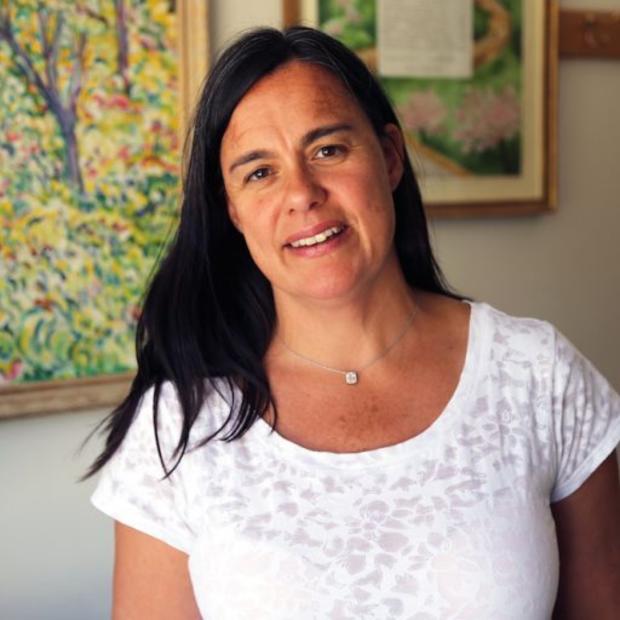At first, Jenn wanted to use her degree to advise policymakers on matters of health policy and equity. Her research interests zeroed in on mental health disparities and the necessary policy and systems changes when she completed a post-doctoral fellowship with the Robert Wood Johnson Population Health Initiative at Columbia University. UW’s School of Social Work called to her as a place that would recognize her desire to do evaluation and research on programs and to work on policies that can have positive impact on communities impacted by mental health disparities. In relocating to Washington state, Jenn and her young family soon faced the suicide of her life partner, Matt, in 2011. Since then, Jenn has worked on policies, programs, and training in the arena of suicide prevention, focusing most recently on school staff, students, and parents/ caregivers in school-based settings because of the urgency posed by the public health problem of youth suicide and the lack of sufficient resources available in many communities. Jenn is also engaged in a conditional scholarship program, Workforce for Student Well-Being Initiative (WSW) that recruits and prepares the next generation of master’s level clinicians to work in high need behavioral health settings.
Jenn founded and Directed Forefront Suicide Prevention at the UW School of Social Work for a decade before stepping down to lead a new center called, Behavioral Health Crisis Outreach Research and Education or BHCore. She is thrilled to be a part of the SMART Center to focus on youth suicide and using conditional scholarships to train the next generation of school social workers through the Workforce for Student Well-being initiative funded by the US Department of Education.
